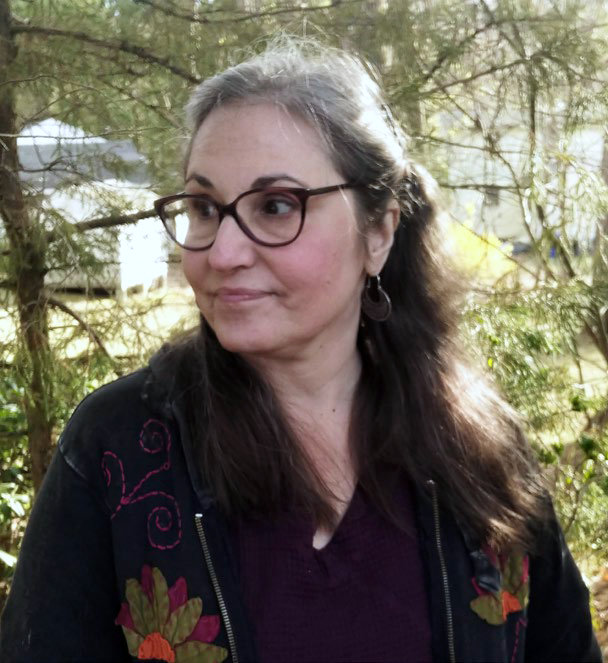Description
In mindfulness meditation practice we are encouraged to meet whatever arises with non-judgmental attention. Whether something is pleasant or unpleasant, the idea is to welcome it calmly, kindly, and with curiosity—as if it were a “welcome guest” at our table. But what happens when the “guest” is physical pain? How non-judgmental, calm, kind, and curious does your mind remain? If the answer is “not very,” you are not alone.
In this group, we will create an especially supportive environment for exploring physical pain. A variety of techniques will be offered for bringing mindfulness, compassion, and ease to the experience of pain. In keeping with the Buddha’s singular concern of helping beings end extraneous mental suffering (rather than improve physical health, prolong life, amass wealth, or anything else), these techniques are designed to heal one’s relationship to pain—i.e., the suffering of heart and mind that each of us inadvertently adds to bodily pain. Addressing this relationship might facilitate a reduction in pain or help you to be more active regardless of pain, but these are not the goals. Rather, the group is designed to reduce mental suffering and to familiarize you with practices that can facilitate changes in perspective, new ways to relate to your experience, and the development of wholesome qualities like wisdom and compassion.
This group is appropriate for people whose lives are currently affected by their own physical pain, whatever the cause, duration, or intensity. Sessions will include guided meditation practice, explanatory talks, Q&A, and small group discussions. Practicing the techniques at home is essential.

Reya Stevens has been practicing meditation since 1984 and teaching occasionally since 1997. She leads CIMC’s Disability & Chronic Illness Sangha which she first convened in 2021. Reya has lived with pain due to illness since she was a teenager.
Attending an online practice group
- Sitting a practice group from home online differs greatly from coming to a meditation center. Tending to your comfort and giving yourself a quiet, private sitting and walking space (if possible, in your environment) will help keep your attention focused and support your practice and learning. Plan to bring as much simplicity and ease to your day as possible. The schedule of the practice group is structured to support your well-being and practice with regular breaks and time for mindful movement.
- We use Zoom for online practice groups. Before your practice group begins, be sure to download Zoom and familiarize yourself with using the program, including the chat feature. Specifics about how we use Zoom during your practice group will be covered initially; however, we cannot provide technical support during the group.
- We ask that you treat our virtual meditation hall as if we were together in person, in the same room. The teachers and other yogis benefit greatly from your full presence and careful attention.
- Join each session of the practice group a few minutes early. This will support the teachers and your fellow attendees.
- Please maintain noble silence as much as possible for the duration of the practice group and take any necessary steps to limit external distractions such as incoming emails, texts, or other interruptions to maintain the integrity of our practice together. Close all programs on your computer other than Zoom and turn off all notifications on your devices.
- Power off your phones and smartwatches for the entire practice group. Please don’t check your devices during breaks. We suggest you put an “away” message on your email and voicemail and leave your devices in another room during the practice group.
- Please keep your video on during our time together as much as possible. This supports a sense of connectedness and sangha.
- You will receive a welcome email from CIMC a day or two before your program, including the Zoom link, practice group schedule, and further information.
- Practice groups will often have home practices in between sessions.